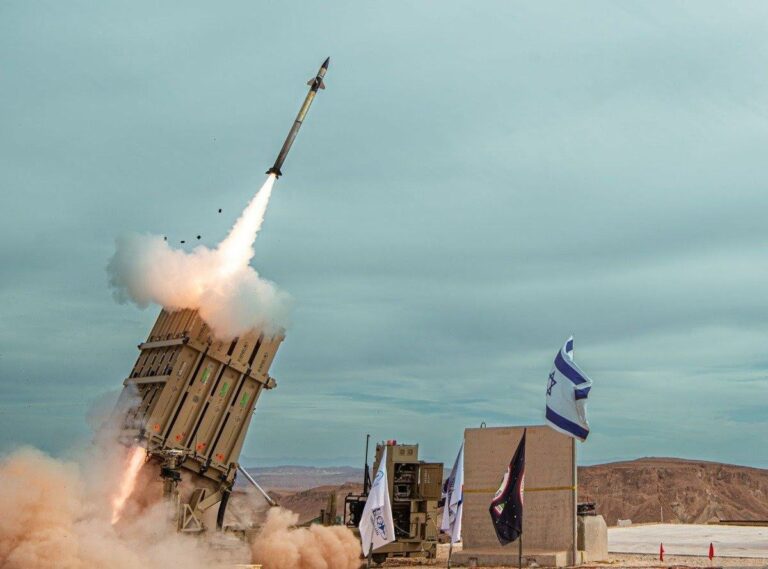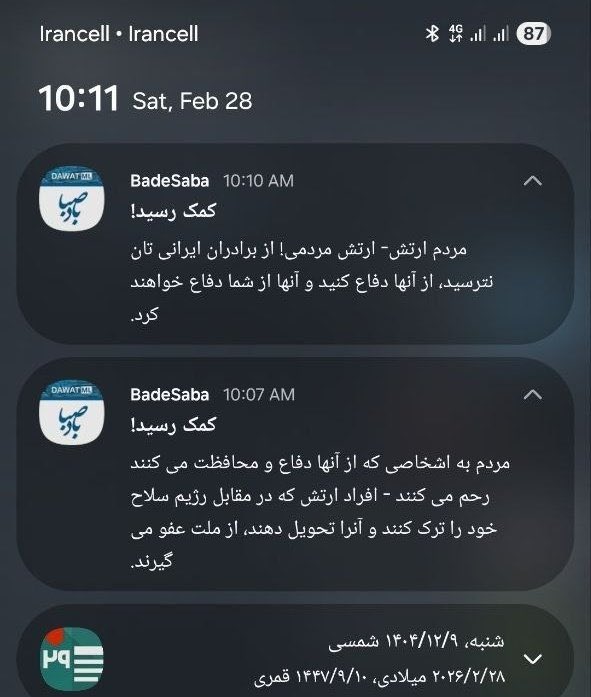At the end of this weeks parsha we find that Aharon and Miriam say something derogatory about Moshe. ‘Miriam and Aharon spoke against Moses regarding the Cushite woman he had married, for he had married a Cushite woman.’ (12; 1)
The pasukim aren’t clear as to what exactly was said but Rashi quotes a chazal that says they made a comment about the fact that after kabalos haTorah Moshe had separated himself from wife because of his frequent encounters with Hashem. They also spoke to Hashem though so they were baffled by his behavior and why he acted differently than them. The pasuk immediately following this says ‘Now this man Moshe was exceedingly humble, more so than any person on the face of the earth.’ (12; 3)
The puzzling question is why does the Torah feel it necessary to mention that Moshe was so humble at this particular point. We’re talking about Aharon and Miriam and how she spoke loshon hora and contracted tzoraas and right afterwards we’re told that Moshe is the most humble of all. What seems to be the connection?
There’s a gemara in Nedarim (9b) which says that Shimon hatzadik never ate from a chatas that was brought by a nazir who became tamei. The reason being was because a nazir that became tamei and needs to bring a chatas has to begin his whole neziras again. Therefore, he may have charata on his whole neziras. The gemara continues and says there was one exception he made where he saw a young boy who had beautiful hair with curls and beautiful eyes as well who had decided to become a nazir. When asked why he gave up his beauty and became a nazir he responded that he is a shepherd and on one occasion he saw his reflection in the water of a well the yetzer hora overcame him about his beauty. He was scared he would have too much ga’aveh and use his beauty for the wrong reasons so he decided become a nazir. So Shimon hatzadik declared that from his chatas he would eat.
The simple question is why was he so confident with this person’s korban and neziras that he permitted himself to break policy and eat from his chatas?
Rav Baruch Mordechai Ezrachi offers a beautiful idea.
Typically, a nazir lives a very lofty lifestyle. He distances himself from many pleasures in this world. He can walk around thinking that he’s above his mundane neighbor. If the attitude of the nazir is that his neziras is an act of heroism then when something goes wrong it is impossible for him to deal with it and not to regret it; because heroes never fail. But by this young boy he saw that when he accepted the neziras, his approach was that he was doing this to allow himself and to help himself be a simple Gd fearing Jew. He needed these extra precautions to help him serve Hashem better. He’s no hero and he didn’t have that hero attitude. When he fails he will have no regrets because he’s not a hero.
What is humility? It is a sin for anyone to think that the definition of humility is to think that I am nothing. That is only a device of the yetzer hora; a person has to have self respect. Anivas, says Rav Aharon Kotler, zt’l, is that whatever I am accomplishing I am not doing anything extra. If I have the talent then this is what is incumbent upon me to do at this time. The Chofetz Chaim, after writing six volumes of mishna berura didn’t look for any self recognition. He felt this was his tachlis and simply did what he was expected to do. He was no ‘hero’. If a person had the talent to go three years without missing tefilla b’tzibur he is not superhuman for if he possessed that talent then that is what he was supposed to do.
Aharon hakohen said that Moshe had separated from his wife because he needed to talk with Hashem; but we also do. However, Moshe didn’t say he can’t be married any longer because he is loftier than his peers; that was not what happened. Rather, he felt that in order to maintain his close connection -as a leader – to Hashem, it was necessary for him to do this. He did not think he was elevated above them nor did he think there was a competition. Yet, he felt this was necessary to do what he did at that moment. This was why the Torah chose to insert his humility over here. He wasn’t saying I am no longer a man amongst the rest of the people and he had no heroic attitude. He felt this is what he had to do to fulfill his tafkid and his mission in life.
Many times people do things and they feel good about themselves. You should feel good that you have talents that allow you to grow and thrive in yiddishkiet. But it’s important not to have an attitude that I’m better than this and/or you and that you are a hero. Because if you trip and fall with that attitude it will be very hard for you to get back up as heroes don’t fall.










